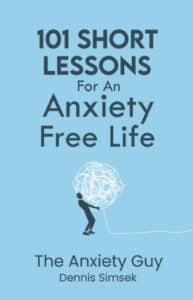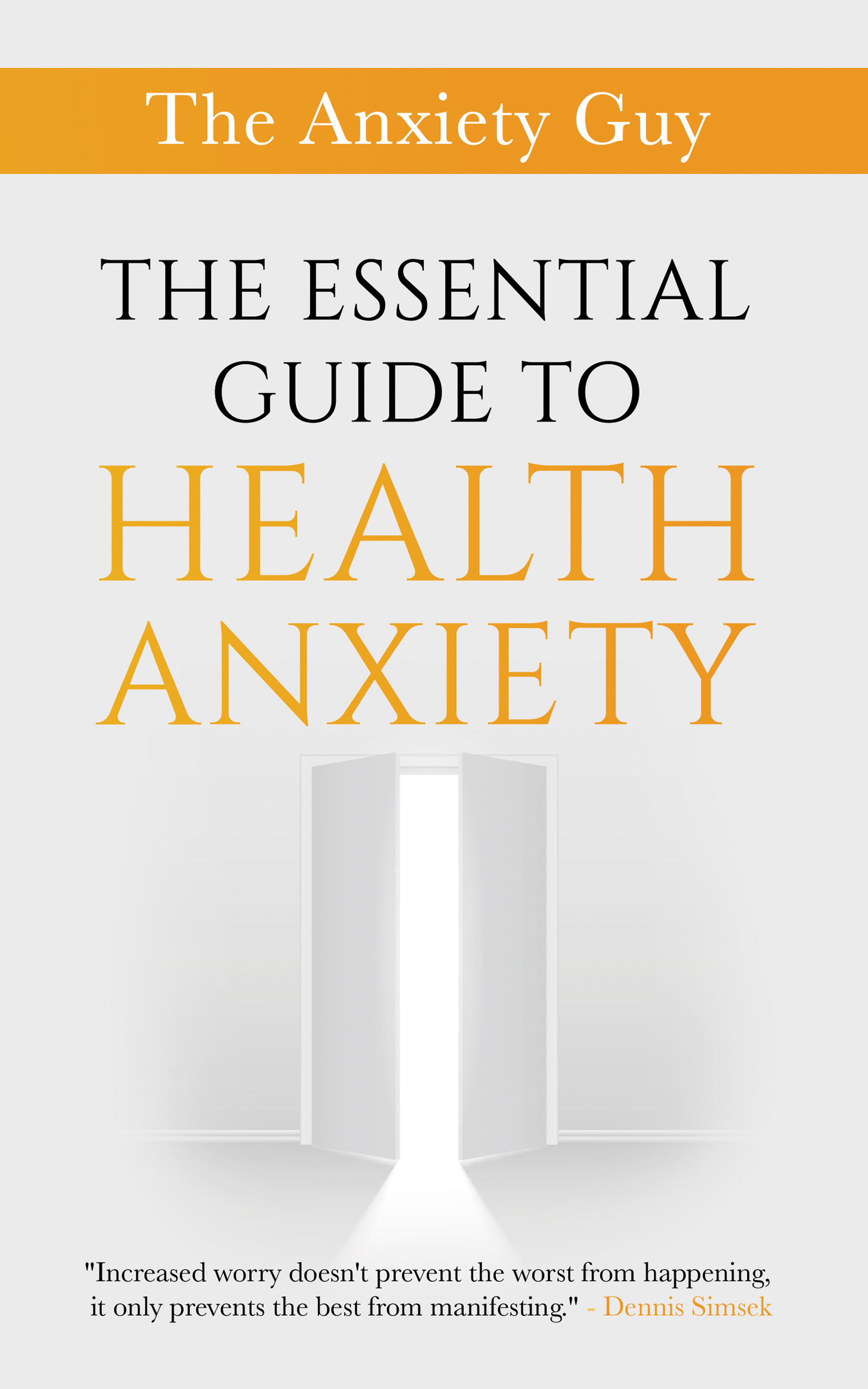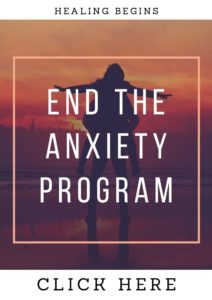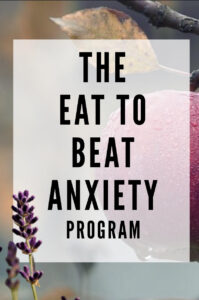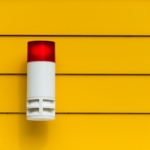Can Anxiety Cause Fatigue?
Does receiving adequate rest does not stop you from feeling drained all the time? Anxiety fatigue operates as a distinct medical condition which strains the whole physical system. Experiencing anxiety primarily when stressed is normal but when anxiety persists it drains energy which causes both tiredness and exhaustion to stay continuously active.
The stress response of your body becomes active when you experience anxiety which then releases cortisol and adrenaline into the system. Warmer states assist briefly however extended anxiety intensifies sleep problems while placing strain on your nervous system while diminishing your energy stores. These are the typical symptoms which describe tiredness resulting from anxiety:
- Mental fog or difficulty concentrating
- Muscle tension and soreness
- Restlessness or an inability to relax
- Frequent headaches or digestive issues
- Feeling drained after social interactions
Science from the Journal of Anxiety Disorders demonstrates that people with GAD tend to suffer from chronic exhaustion because their high stress hormones and subpar sleep cause these symptoms (NIH 2022 Jan 27)
How to Know if Fatigue Is Due to Anxiety
Since fatigue can stem from multiple causes, it’s important to identify whether anxiety is the root issue. Ask yourself:
- For many people tension builds up uncontrollably during times when they should feel relaxed.
- Exhaustion manifests through either rapid thoughts or persistent worried thoughts.
- Anxiety causes problems with both achieving sleep and maintaining it.
- Feelings of emotional fatigue result from social and work activities for you.
it’s important to consider other potential causes of fatigue beyond anxiety, such as:
- Lack of sleep –Exhaustion persists as a result of both bad sleep quality and not getting enough rest at night.
- Chronic fatigue syndrome – This long-lasting illness produces severe exhaustion which remains unaffected by rest periods because of viral infections.
- Anemia (low red blood cells) – Lack of oxygen delivery to the body produces weakness together with tiredness.
- Heart disease – Persistent fatigue along with fatigue occurs because of specific cardiovascular conditions.
- Depression – Depression along with other mental health conditions results in enduring fatigue which combines with diminished drive.
- Viral infections – Tiredness develops as a result of different illnesses such as flu, COVID-19, and mononucleosis.
- Strenuous exercise – Not giving the body proper time to recover after intense training leads to fatigue development.
- Unbalanced diet – The energy levels of a person may decrease because of dietary deficiencies or dehydration or excessive consumption of processed food items.
- Medications – A number of medications such as antidepressants and blood pressure drugs and antihistamines have known side effects that include tiredness and sleepiness.
Managing Fatigue Due to Anxiety
A sufficient approach to anxiety fatigue needs to handle mental and physical health requirements. Here are some effective strategies:
1. Prioritize Quality Sleep
Insufficient refreshing sleep makes anxiety symptoms more intense and causes a worsening of exhaustion. To improve sleep quality:1
- Set a consistent sleep schedule (even on weekends)
- Reduce screen exposure at least an hour before bed
- Create a calming bedtime routine (meditation, reading, or warm baths)
- Limit caffeine intake, especially in the evening
- Eliminate alcohol intake
2. Practice Mindfulness and Stress Reduction
The implementation of relaxation techniques helps the nervous system relax during times of mental exhaustion.2
- Try deep breathing exercises like the 4-7-8 technique
- Incorporate daily mindfulness meditation to lower stress hormone levels
- Engage in guided visualization to ease racing thoughts
- Keep a journal to process emotions and reduce mental clutter
3. Stay Active
Active physical exercise both enhances energy levels while decreasing stress hormone production. Consider:3
- Low-impact exercises like yoga, tai chi, or brisk walking
- Strength training or resistance workouts to improve physical stamina
- Outdoor activities to benefit from fresh air and sunlight
A 2022 study in Psychosomatic Medicine found that regular moderate exercise reduced symptoms of anxiety fatigue by 40% over a 12-week period (Jones et al., 2022).
4. Optimize Your Diet
The food you choose determines your energy supply as well as your mental performance levels. To support your body:4
- Focus on whole foods rich in vitamins and minerals (leafy greens, lean proteins, whole grains)
- Stay hydrated to avoid sluggishness
- Reduce processed foods and refined sugar intake to stabilize blood sugar levels
- Consider omega-3-rich foods like salmon and flaxseeds to support brain function
5. Set Boundaries and Manage Responsibilities
Fatigue becomes worse because of burnout when individuals take on too many responsibilities. People need to set reasonable task priorities along with the ability to decline tasks when appropriate.
- Break larger tasks into smaller, manageable steps5
- Use the Pomodoro technique (work in short bursts with breaks)6
- Delegate tasks when possible7
- Schedule downtime to recharge mentally8
When to Get Help
If anxiety fatigue is interfering with daily life, professional support may be necessary. Seek help if:
- Fatigue is persistent despite lifestyle changes
- Anxiety symptoms are worsening or leading to panic attacks
- You experience unexplained weight loss, dizziness, or other physical symptoms
- Sleep disturbances become chronic and unmanageable
A healthcare professional can evaluate medical conditions that may be causing fatigue while providing options between therapy and possible medications for treatment. Healthcare providers prescribe selective serotonin reuptake inhibitors (SSRIs) together with beta-blockers to manage anxiety-induced fatigue with proper medical guidance.
Anxiety fatigue remains within control when people implement the right methods of support along with suitable strategies. Persons who put physical and mental health first can restore vitality and achieve better life quality.
Conclusion
In conclusion, the exploration of the impact of fatigue on instinctual threat detection unveils a complex interplay between physical, cognitive, and emotional aspects of well-being. Understanding the nuances of anxiety fatigue and its connection to heightened threat perception is essential for individuals seeking to optimize their mental and physical health.
The Anxiety Guy Podcast is one of the most popular mental health podcasts in the world with more than 6 million downloads alongside the Health Anxiety Podcast Show.
It has been selected as the top mental health and anxiety podcast on Apple 6 times, and has been listen as a top podcast for anxiety today on Psychology Today, Choosing Therapy, Better Help, Women’s Health, Marissa Peer and many more. To listen to any of the past episodes for free, check out this page.
Listen to all future anxiety guy podcast episodes on Spotify, Tune-in, Podbean, Podbay, Podcast Addict, Scribd, Luminary, Google Podcasts, Amazon Music, or on your favorite podcast platform. You can watch all previous anxiety guy episodes through video on YouTube here.
Connect with Dennis on:
References
- Generalized Anxiety Disorder: When Worry Gets Out of Control. (2022). National Institute of Mental Health (NIMH). https://www.nimh.nih.gov/health/publications/generalized-anxiety-disorder-gad[↩]
- Mind and Body Approaches for Stress and Anxiety: What the Science Says. (2024). NCCIH. https://www.nccih.nih.gov/health/providers/digest/mind-and-body-approaches-for-stress-science[↩]
- Relaxation Techniques for Health. (2022). NCCIH. https://www.nccih.nih.gov/health/relaxation-techniques-what-you-need-to-know[↩]
- Aucoin, M., LaChance, L., Naidoo, U., Remy, D., Shekdar, T., Negin Sayar, Cardozo, V., Rawana, T., Chan, I., & Cooley, K. (2021). Diet and Anxiety: A Scoping Review. Nutrients, 13(12), 4418–4418. https://doi.org/10.3390/nu13124418 [↩]
- Preventing Burnout: A Guide to Protecting Your Well-Being. (2025). Psychiatry.org. https://www.psychiatry.org/News-room/APA-Blogs/Preventing-Burnout-Protecting-Your-Well-being[↩]
- and, P. (2024, December 6). Our Mental Health. Our Mental Health. https://www.ourmental.health/stress-management/master-productivity-with-the-pomodoro-technique-focus-and-thrive[↩]
- Hughes, R., Kinder, A., & Cooper, C. L. (2018). Effective Delegation. Springer EBooks, 59–63. https://doi.org/10.1007/978-3-319-92552-3_10 [↩]
- Rest: Why You Need to Schedule Downtime. (2019, March 8). The University of Sheffield. https://www.sheffield.ac.uk/machining-idc/news/rest-why-you-need-schedule-downtime [↩]



